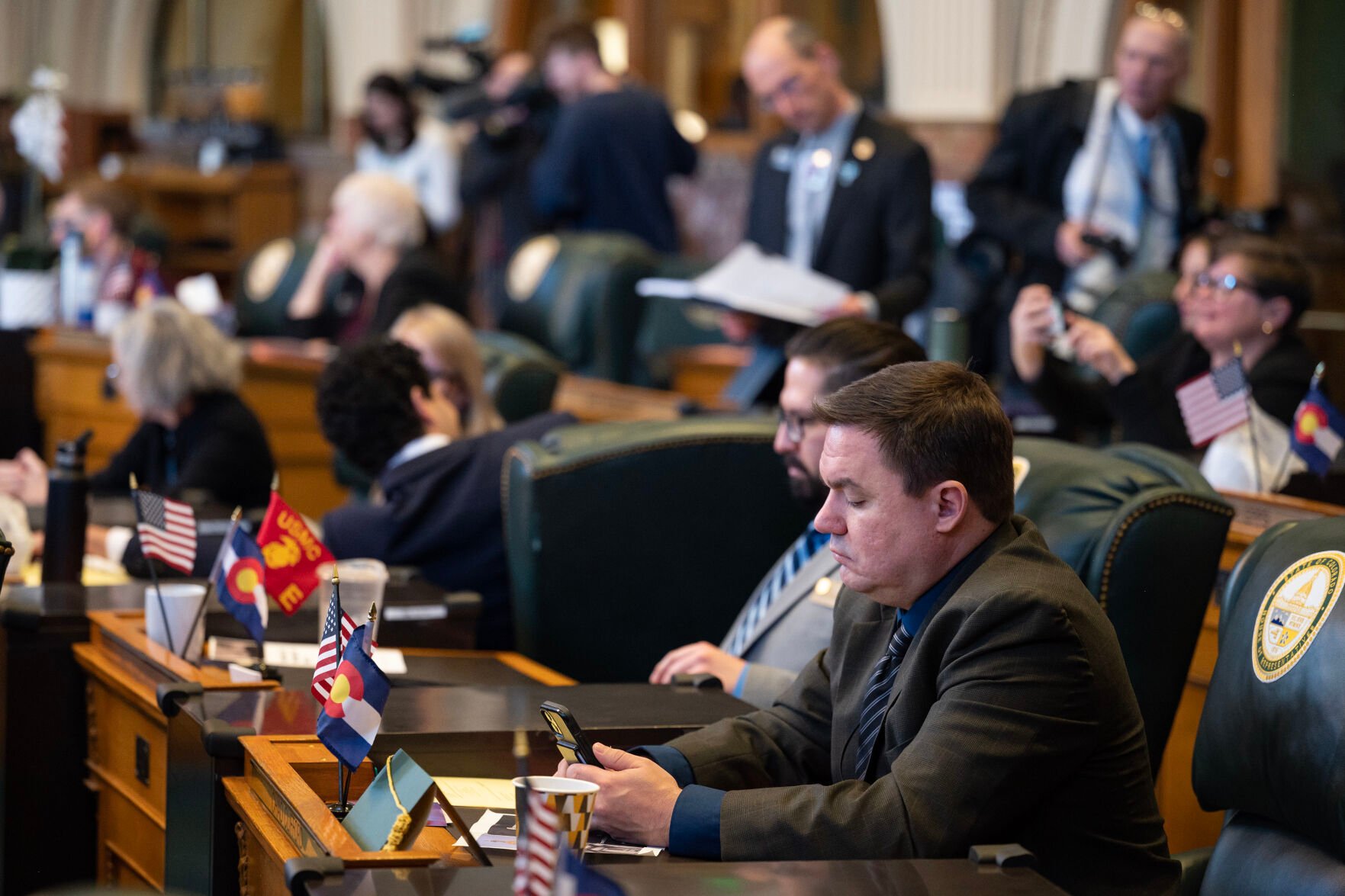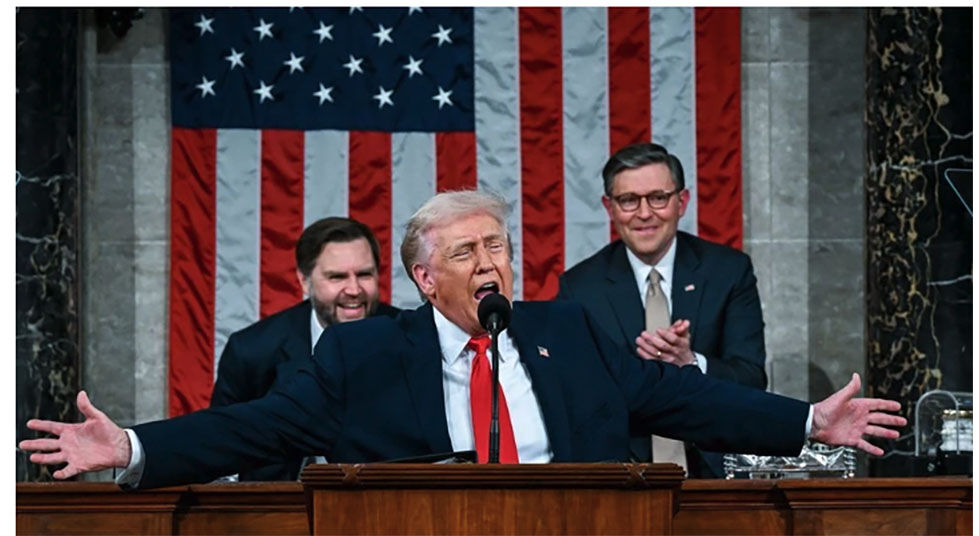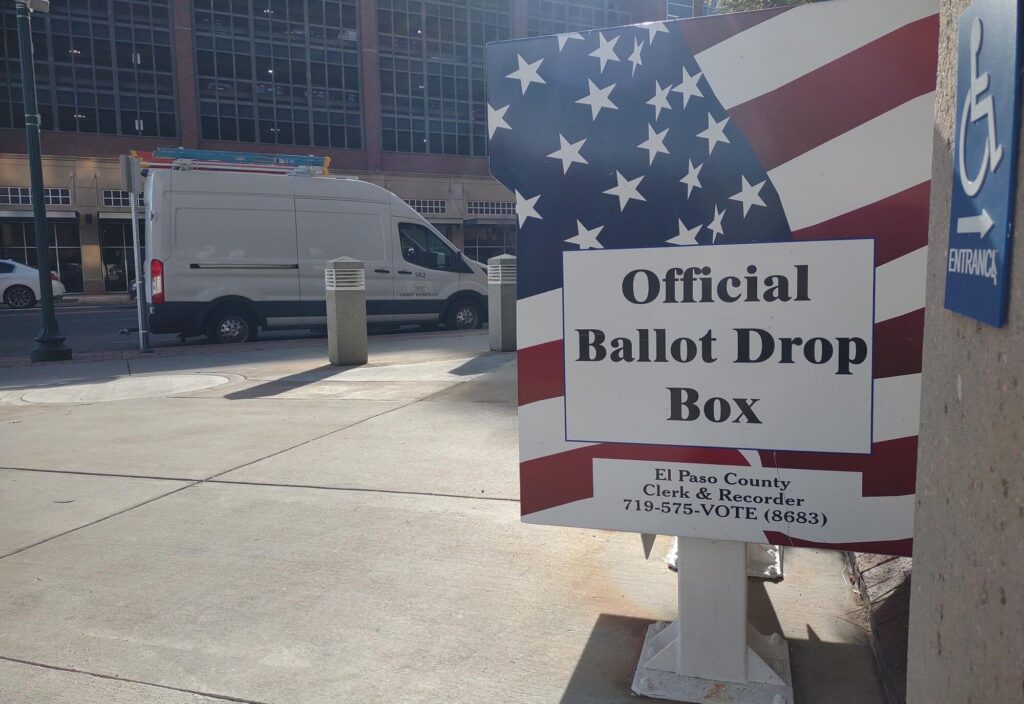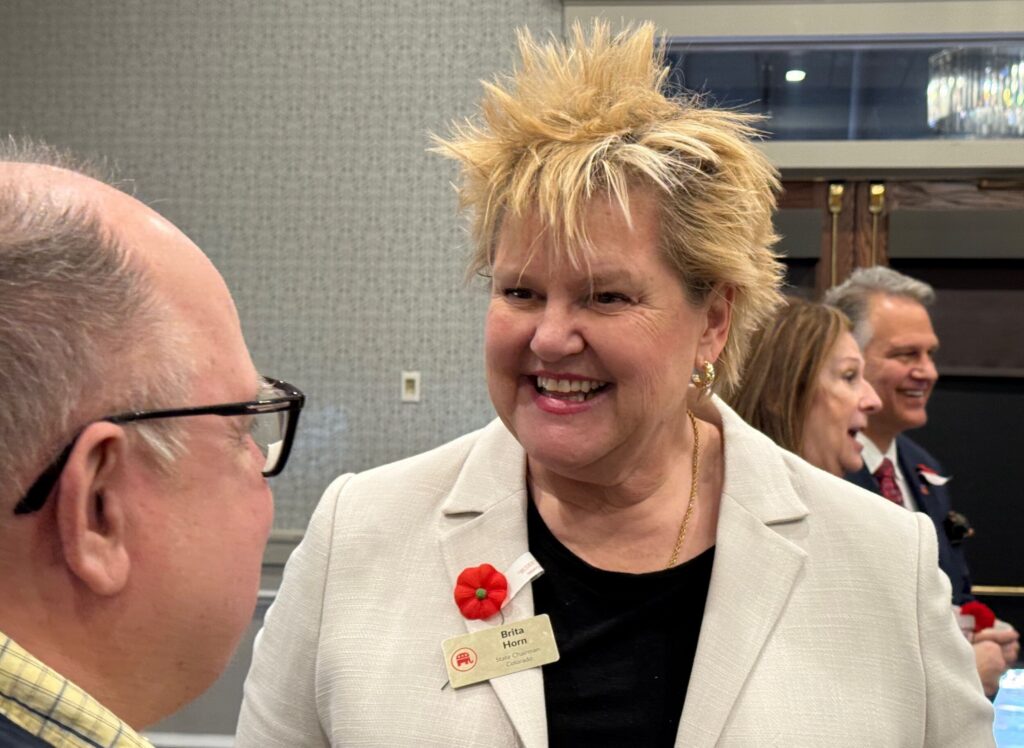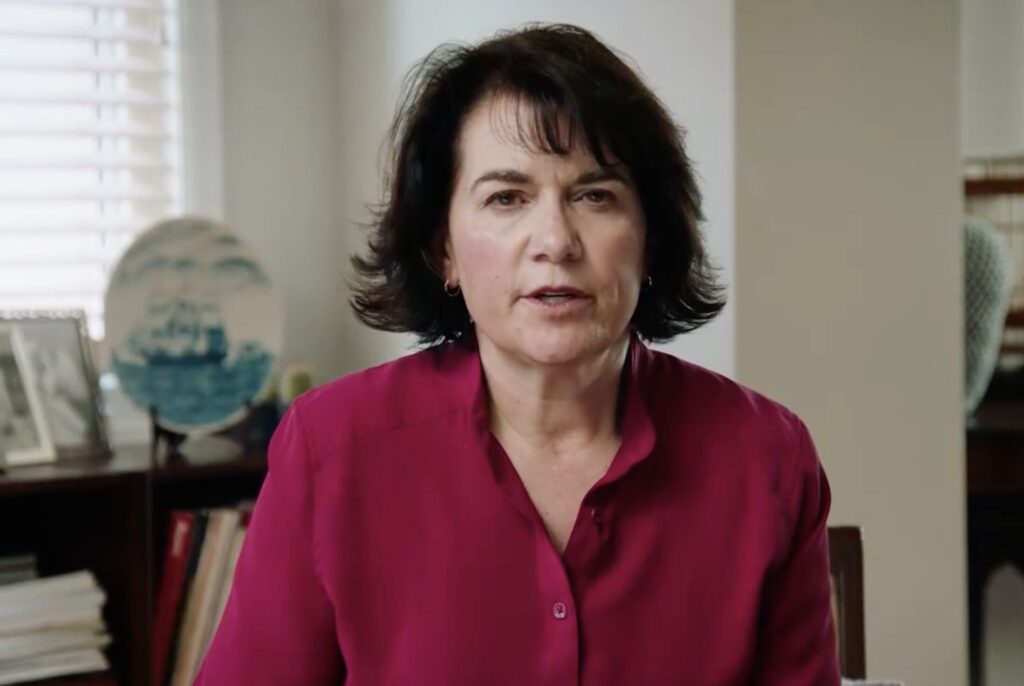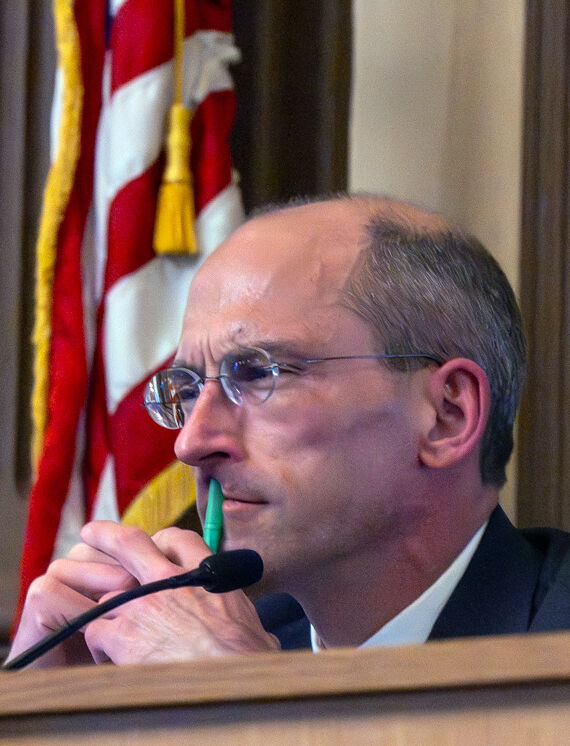Q&A with Chad Clifford | The HD37 Rep on tensions in the House, housing and priorities
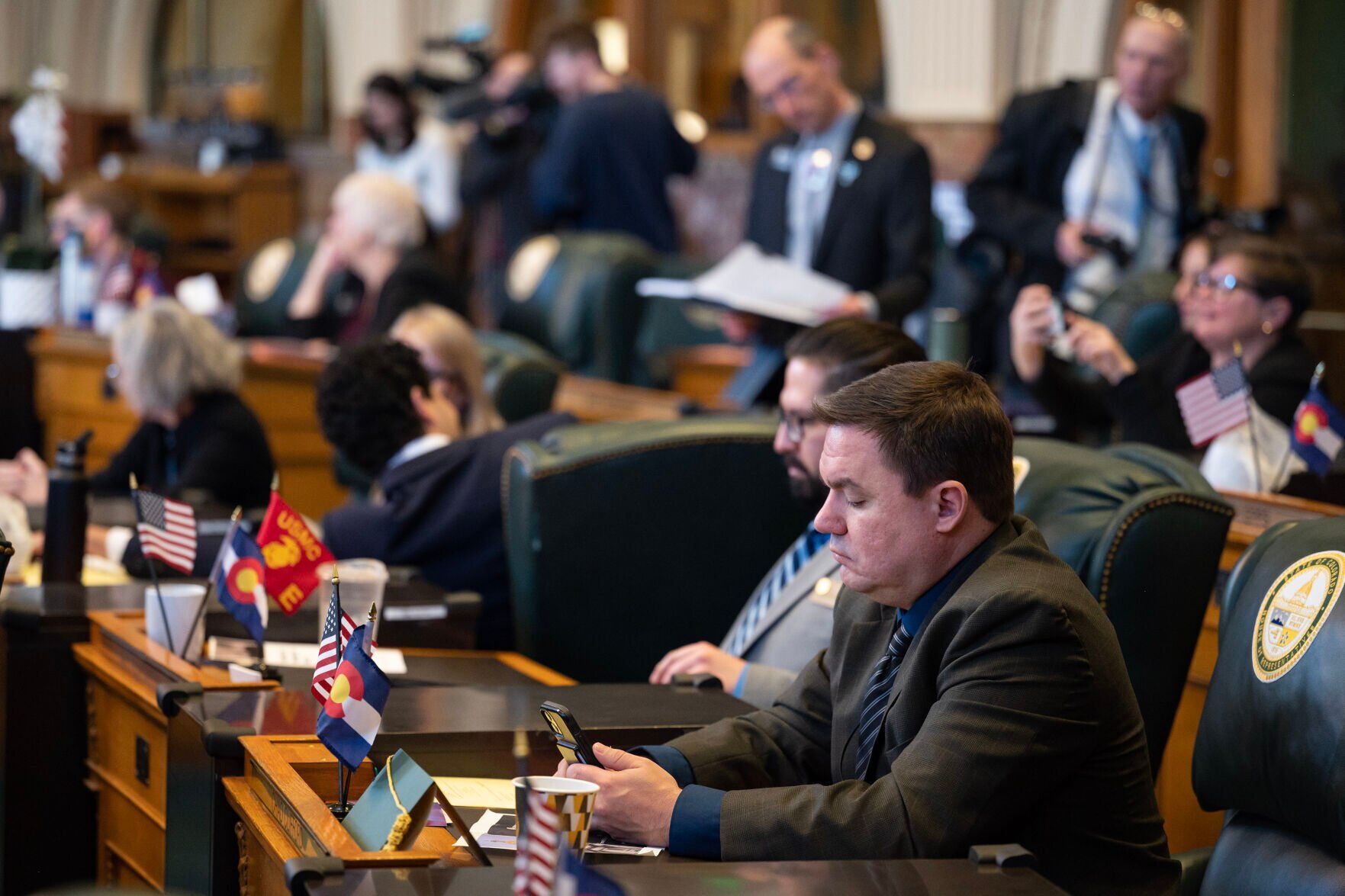
As the new legislative session got underway in 2024, Centennial resident Chad Clifford was appointed to the House District 37 seat, taking over for Democratic Rep. Ruby Dickson who resigned, citing toxic workplace conditions.
Clifford was appointed by a Democratic committee to finish Dickson’s term. Clifford is a lobbyist who has served as a police officer with the Colorado Rangers.
With House District 37 covering parts of Greenwood Village, Centennial and unincorporated Arapahoe County, Colorado Politics asked Clifford about his early days in office, tensions among Democrats in the House and how he plans to address housing and other priorities in the 2024 session.
Colorado Politics: In being appointed, you brought up tensions in the House. Since the session has started and you have officially taken office – what are you seeing?
Chad Clifford: We’re still early in the session and most bills are just starting to trickle into the process, but “so far, so good”. As of now there has been a real sense of decorum and civility in our chamber – and I’m proud of this and look forward to maintaining our chamber as a deliberative body that allows for real debate instead of personality-based politics.
CP: How do you think House Democratics handle the ongoing tension and the unprecedented number of representatives who have resigned?
Clifford: I think the Democrats will handle the ongoing tension by listening and by making sure that all representatives play by the same rules. Our rules are designed to allow us to agree or disagree while getting work done, but most importantly allowing all sides of an issue to be heard. Legislation is not an “all or nothing” game. It’s a process where we all work together to produce solutions. As far as your question about “unprecedented number of resignations”, we had two resignations from last session – I think that if you look historically at the House, resignations happen for a wide variety of reasons – some for running for other elected positions, and a few here and there for personal reasons. In the House with two-year terms and constant election cycles, I think that you’ll always see resignations happening.
CP: With the session now underway, what are your top priorities and bills to support?
Clifford: My top priority is paving a pathway for affordable housing in my district. There is no higher priority. Other areas that you’ll see me focus on will be related to protecting the rights of workers, engaging in a humanitarian focus to relieve our jailed populations including strong programs to reduce recidivism, and building healthy communities.
CP: You have stressed that affordable housing is a significant issue – Are you confident those issues will be addressed in the 2024 session? How?
Clifford: Even if we passed everything that I and others are at work on this year, it’s just a beginning of what will need to be done. I’m confident that we will “take bites” at housing that can move us slowly in a positive direction. Where we are currently with the issues that we face with housing in my district is complex and covers a wide range of housing types and issues. There is no “one size fits all” correction that we can make legislatively that is going to cause building projects to start springing up in my community – it’s more of recognizing where the issues are and making changes to our statutes that support the direction that’s needed.
CP: You mentioned tackling red-tape issues developers are facing – What ways are you planning to do that this year?
Clifford: The biggest “red tape” issue that I’m working on this year is hopefully creating a pathway for easier insurability for builders of multi-dwelling housing available for purchase so that this area is on a level playing field with single-family home and apartment construction. Even if “everyone wants it” we don’t have builders interested in this type of development because they must spend so much more money building these types of projects than they’d spend building other types of housing.
CP: What inspired you to run for the House vacancy? Do you believe the vacancy process is a good way to handle these resignations? If so, why?
Clifford: What inspired me to run for the vacancy was my familiarity with my district and a keen interest in really representing the needs that we have in HD37. I don’t have much of an agenda other than to represent my constituents and foster good governance for our area.
Regarding the vacancy process – yes, it works. I was a fan of Colorado’s vacancy process long before I ever participated as a candidate. If you look at most of the representatives currently serving in the House or the Senate who were initially appointed by vacancy, you’ll by and large find well qualified and effective legislators who their districts are proud to re-elect. That’s because vacancy committees are made up of electors that become highly educated about the candidates and they choose very carefully. Vacancy electors get the opportunity for direct calls and meetings and get to ask questions that get deep to the roots of who the candidates are and what they represent. These are not at all “easy” elections. Candidates have to be prepared for any question at any time of the day, from people that will not be shy about asking what your plans are for issues they care about. This isn’t “sound bites and mailers.” It’s direct and comes from people who represent every precinct in a district. The process produces effective representation. Other benefits of selecting replacements this way are costs and continuity of government – in my case HD37 kept a representative in the seat at work with no gaps in representation. If we’d held a special election, we’d still be campaigning – the candidates would have probably spent $20k-$30k to canvass to be on a ballot (which disenfranchises some very qualified candidates), and the election itself would costs about $500k to conduct and probably another $150k or more from the candidate to effectively campaign (to fill a few months of what’s left of a one-year term). No one would be representing our district for this legislative session, and we’d have an election that would traditionally see poor turnout from electors that might not really get much of an opportunity to know who they were electing.
